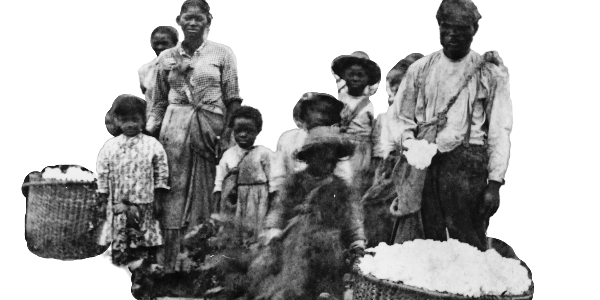
1854




With each passing day, the issue of slavery is tearing the nation apart and driving it deeper into violence. It’s nearly impossible to pick up a newspaper or walk through the streets without hearing heated debates about whether slavery should be abolished. In some areas, these arguments have turned deadly, with abolitionists and slavery supporters taking up arms to settle their disputes.
Tensions have escalated dramatically since Congress passed the Fugitive Slave Act four years ago. This law requires that escaped slaves be returned to their owners, even if they have made it to free states. Before this, the consequences for helping a runaway slave were minor, and slaves who reached free territory could often live as free men and women. Now, police in cities like Boston and New York are legally required to arrest suspected fugitives and send them back to their masters. This has pulled many previously neutral individuals into the growing debate: Do southern planters have the right to use northern law enforcement to reclaim their “property”?
We abolitionists say, “Absolutely not!” It is our moral and God-given duty to fight the injustice of slavery, even if it means risking jail time.
A secret network has emerged to help runaway slaves reach freedom in the North or Canada. Though this network has roots dating back to colonial times, it became more organized in the 1830s with the use of railroad-inspired codes like “conductors” and “depots.” Many now call it the Underground Railroad.
The Fugitive Slave Act, however, has made this work even more dangerous. Anyone caught helping an escaped slave—including police officers—now faces up to six months in prison and a $1,000 fine. That’s more than most people earn in three years. Despite the risks, we will not stop. The fight for freedom is far too important.
The Underground Railroad
Interactive History